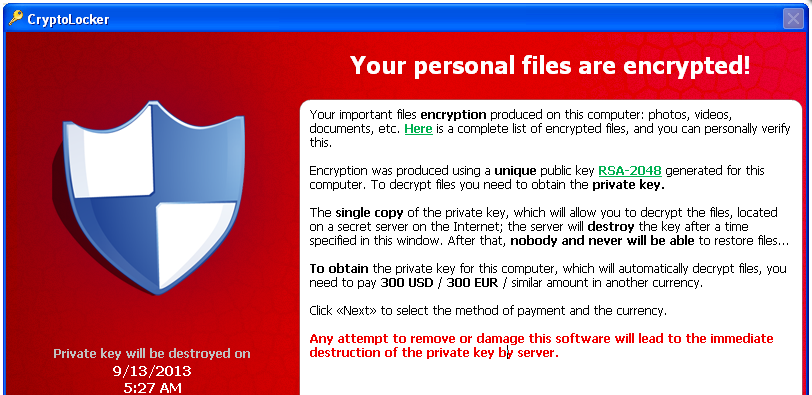As if the rate of physical kidnap and abductions were not enough, Ransomware, a new computer malware (virus), does a virtual kidnapping of personal computer and then asks you to pay.
This virus, which is on the rise, does not necessarily slow your computer or corrupt your files. Instead, it installs pornography on your computer or encrypts all your files so that you are unable to access them.
Scanning does not solve the problem this time. The virus would ask you to pay a particular sum of money for it to decrypt your computer, or uninstall the pornography.
Failure to pay sees your computer held hostage by the virus in your own house or work space – first class abduction of your computer.
Advertisement
In the US, the Horry County schools, South Carolina, were attacked (infected and asked to pay to have control of their computers again.
“They said, ‘Hey you want to free your data? Pay us,'” Charles Hucks, the school’s technology director, told CNN, adding that they had to cough up $10,000 to recover their computers.
Ori Eisen, founder and chief innovation officer of fraud prevention company 41st Parameter, said the virus is more prevalent in the UK.
Advertisement
“It’s more prevalent in the United Kingdom, which is sort of a staging or testing ground. It’s starting there and getting more momentum,” he said.
The FBI recently issued an alert about the broader category of rogueware, which includes ransomware and fake antivirus scareware scams.
According to the FBI, criminals are netting an estimated $150 million a year through these scams.
“Ransomware is actually scarier” than the scareware scams, said Robert Siciliano, a Boston-based identity theft expert.
Advertisement
“There’s nothing worse in the field of technology than having a criminal in control of your network. When a ransomware attack occurs, it can easily elevate from a potential data loss to potential identity theft to a data breach in the form of extortion.”
To avoid Ransomware, Norton antivirus advises that you use reputable antivirus software and a firewall, back up often, enable your popup blocker, exercise caution, disconnect from the Internet if you receive a ransomware note and alert authorities.







